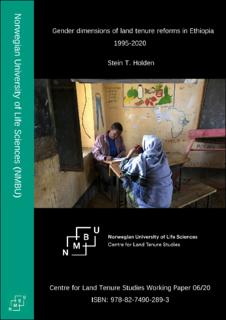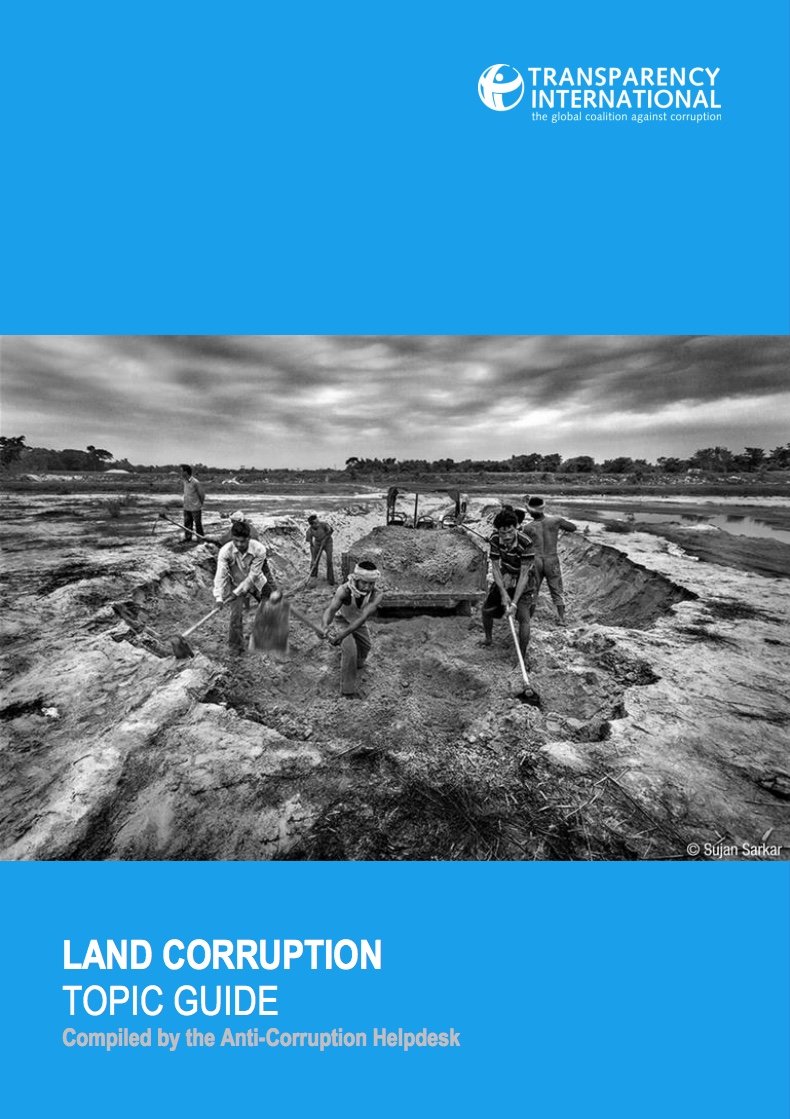Documenting informal and customary land rights in Africa Challenges of using participatory means
The adoption of modern Land Administration Systems (LAS) in Sub Saharan Africa is done with the expectation that principles of equity, non-discrimination, efficiency, transparency, productivity and sustainability among others may be achieved to meet societal needs in those countries. However, a lack of functional systems to document land through the provision of proper documentation particularly in Sub Saharan Africa has led to a high tenure insecurity in local communities, landlessness and a lack of proper investment in the land they hold.






